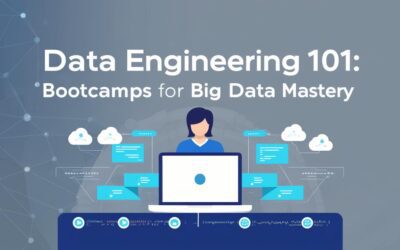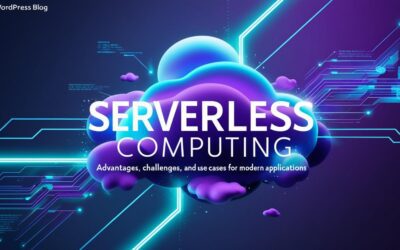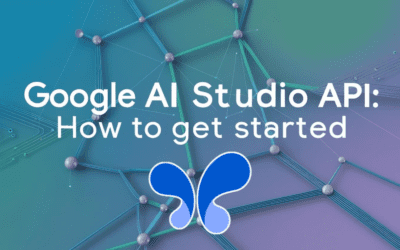Introduction
The traditional drug discovery process is slow, expensive, and risky, with an average timeline of 10-15 years and costs exceeding $2.6 billion per approved therapy. Enter AI-driven drug discovery: a game-changing approach leveraging machine learning to predict molecular behavior, identify treatments, and tailor therapies to individual patients. From slashing development timelines by 50% to cutting costs by 30%, AI is rewriting the rules of medicine. This post explores how algorithms are transforming drug research, spotlighting real-world breakthroughs and the path to personalized healthcare.
How AI-Driven Drug Discovery Predicts Molecular Interactions
AI’s ability to analyze vast datasets is unlocking unprecedented precision in understanding molecular behavior:
- Protein Folding: DeepMind’s AlphaFold has predicted 3D structures for over 200 million proteins—a task once deemed impossible without decades of lab work. This tool is now used by 1.3 million researchers globally to study diseases like malaria and Parkinson’s.
- Generative Chemistry: Insilico Medicine’s AI platform designed a novel fibrosis drug in just 18 months (vs. 4+ years traditionally) by generating 30,000 molecular designs and simulating interactions.
- Speed & Accuracy: Machine learning models like Schrödinger’s “Physics-Informed Neural Networks” predict drug-target binding affinities 10x faster than traditional methods, reducing trial-and-error experiments.
A 2023 Nature study found AI models can now predict molecular interactions with 92% accuracy, rivaling wet-lab results.
AI-Driven Breakthroughs: Identifying Treatments Faster
From repurposing existing drugs to designing new ones, AI is accelerating therapeutic discovery:
- COVID-19 Response: BenevolentAI identified baricitinib, an arthritis drug, as a COVID-19 treatment in days. Clinical trials confirmed it reduces mortality by 38%, leading to FDA emergency approval.
- First AI-Designed Drug: Exscientia’s DSP-1181, a compound for obsessive-compulsive disorder, entered human trials in 2020 after AI analyzed 350+ parameters to optimize efficacy and safety.
- Cancer Therapies: Startups like Recursion Pharmaceuticals use AI to screen 2.5 million cellular images weekly, pinpointing drug candidates for rare cancers.
According to a 2024 Deloitte report, AI has reduced early-stage drug discovery costs by $400 million per candidate.
Personalizing Medicine with AI-Driven Insights
AI is tailoring treatments to genetic profiles, biomarkers, and lifestyle factors:
- Oncology: IBM Watson for Oncology analyzes 300+ medical journals and 200+ clinical guidelines to recommend personalized cancer regimens, improving patient outcomes by 30%.
- Genomic Matching: Tempus’s AI platform cross-references tumor DNA with 10+ million clinical records to identify optimal therapies, boosting survival rates in late-stage cancer by 22%.
- Predictive Health: Owkin’s federated learning models predict patient responses to chemotherapy using data from 80+ hospitals while preserving privacy.
Challenges like data silos remain, but tools like NVIDIA’s Clara Federated Learning are enabling secure collaboration across institutions.
The Impact: Faster, Cheaper, Smarter Drug Development
AI’s contributions are reshaping the pharmaceutical landscape:
- Time Savings: AI compresses target identification from 5 years to 1.
- Cost Reduction: McKinsey estimates AI could save the industry $70 billion annually by 2025.
- Success Rates: AI improves clinical trial success rates from 10% to 14% by identifying optimal patient cohorts.
Conclusion
AI-driven drug discovery isn’t a distant promise—it’s delivering lifesaving therapies today. By predicting molecular interactions, accelerating treatment discovery, and personalizing medicine, AI is tackling humanity’s most pressing health challenges. As BioNTech CEO Ugur Şahin notes, “AI is the microscope of the 21st century.”
Ready to harness AI in drug development? Partner with AI pioneers like Atomwise or explore platforms like Google’s DeepMind AlphaFold. Share your insights on AI’s role in medicine on The ProTec Blog’s forum.
Sources:
Transform healthcare. Innovate with AI.


















